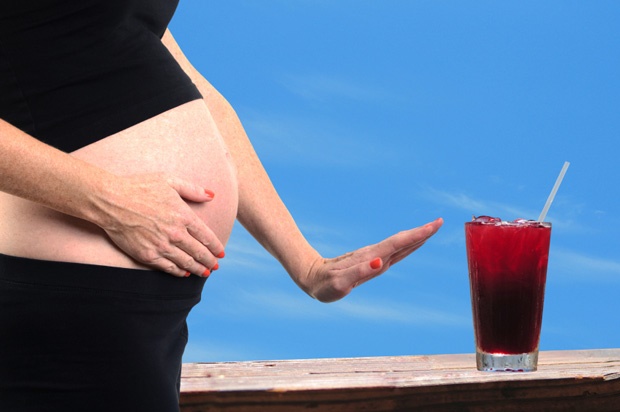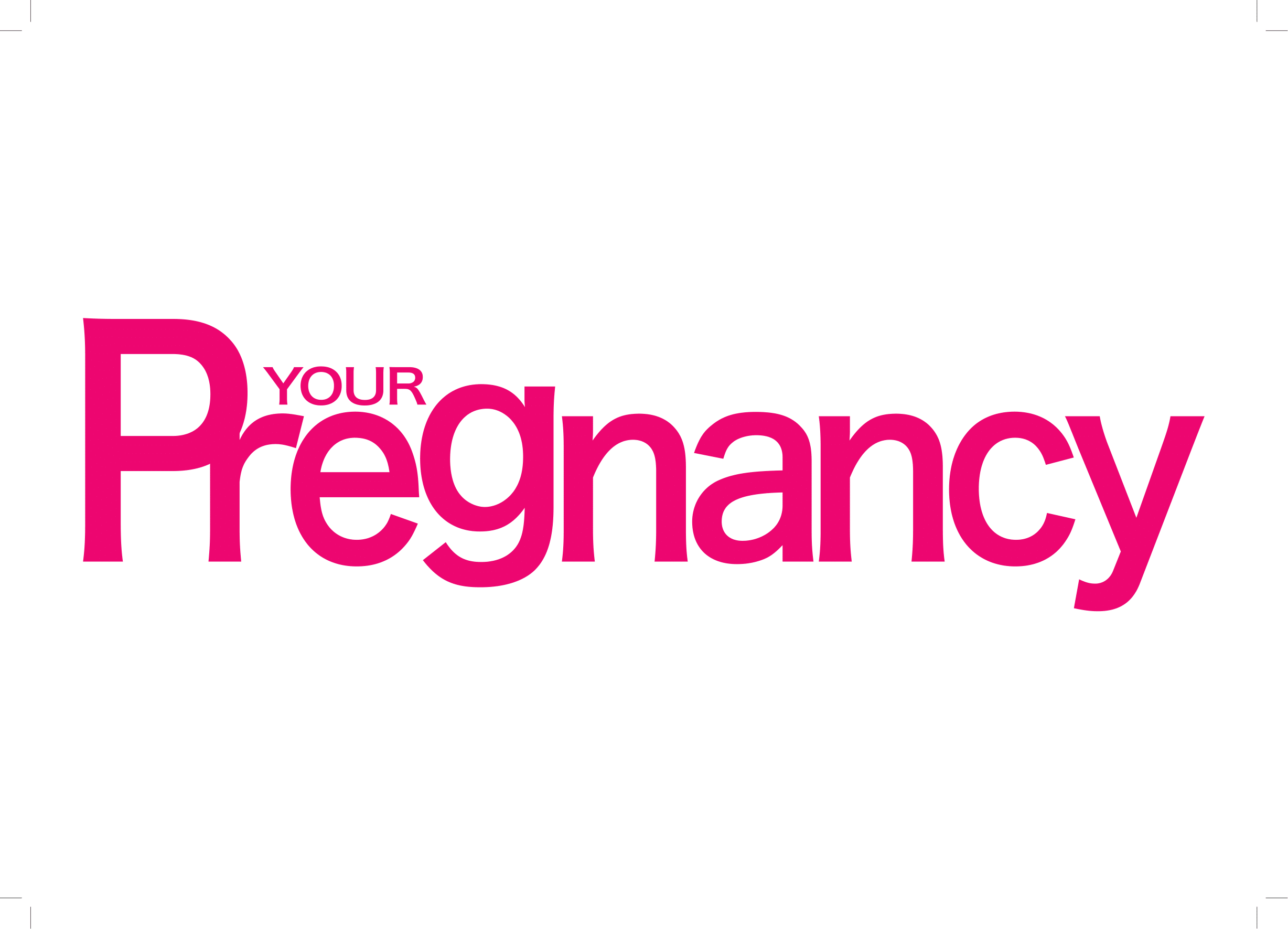
According to Prof Denis Viljoen, Chairperson of the Foundation for Alcohol Related Research (FARR), South Africa has one of the highest reported rates of Foetal Alcohol Syndrome (FAS) in the world.
“Brazil and others, for example,probably have equally high rates of FAS but they haven’t done the research to prove it.
“While we believe that there are as many as one million people affected by Foetal Alcohol Spectrum Disorder (FASD) which includes the whole gamut of conditions owing to alcohol consumption during pregnancy, there is no overall figure for FAS in the whole of SA as each community changes the figure.
“In fact, if you include the even lesser forms of FASD (caused by very mild drinking during pregnancy) there may be as many as five to six million people affected by it in SA,” he says.
Why are the rates so high in SA?
Viljoen argues that there is a global trend at the moment for young people to binge drink, and this includes young women who are pregnant. “For every man that’s drinking, so is the woman standing next to him, and unfortunately she is the one who might be pregnant,” he says.
He adds, however, that in SA and the rest of the world, very impoverished communities are much more at risk of FAS and FASD for various reasons.
One of these, he says, is the lack of recreational facilities. The other is poor education amongst those who are drinking during pregnancy. Lastly, a lot of pregnant women who’re drinking are depressed and using other substances, mainly cigarettes. “Cigarettes and alcohol together are a mean cocktail for a baby as both have bad effects,” he says.
Over and above this, the Western Cape is the heart of SA’s winelands, and this has influenced the regional drinking patterns in the area for centuries. For hundreds of years, wine was distributed among and consumed daily by workers as partial payment for labour.
“Even though the ‘Dop’ system has been outlawed by two legislative acts, the legacy of wine for wages is what I believe still encourages binge drinking on weekends,” he says. Binge drinking is defined by five or more drinks or 75ml of absolute alcohol/drink in one sitting of two to three hours on the weekend. These sudden increased alcohol peaks in the bloodstream of a pregnant woman bombards the unborn baby with alcohol and is detrimental for her unborn baby’s development.
He adds that once the Dop system fell away, it was replaced by shebeens. “Unlicensed taverns are more numerous than licensed taverns and there are currently 250 000 shebeens in SA. There are also 250 000 licensed alcohol outlets. That takes us to half a million and with a population of 50 million, that means that for every 100 people, there’s a shebeen or a tavern. It’s incredibly easy in SA to get booze at any stage of the day or night. ”He goes on to explain that while the SA government wants to make it illegal to sell alcohol to pregnant women, it will never work.
“They are doing the obvious, but I don’t think it will make a difference. I’m not saying they should not ban the sale of alcohol to pregnant women but there’s nobody to police it, and it wouldn’t be enforced in any of the shebeens around the country.”
The effects
According to the Institute of Medicine, alcohol causes more damage to a baby than any other drug, and mental and neurological problems caused by drinking during pregnancy are irreversible and cannot be restored.
In other words, if you drink regularly and heavily during those nine months, there is no going back and your baby will be born with FAS. And if you drink lightly, your baby might display signs of FASD – many of which only show up later in life.
Viljoen says, when you drink, your unborn baby is affected by the alcohol. The alcohol you consume is absorbed through the bloodstream and reaches your foetus within 20 minutes.
The alcohol is poisonous and toxic to your unborn baby and it may affect any of the baby’s organs, although the brain is most vulnerable. For this reason, all children with FAS have a mild to severe degree of brain damage. He adds that while full blown FAS is the easiest condition to diagnose (low birth weight, small head circumference, developmental delays, growth retardation, organ dysfunction, facial abnormalities and epilepsy), the tip of the ice-berg, FASD, has a huge array of behavioural deficits.
These include poor socialisation skills, learning difficulties, particularly in language, mathematics and problem solving – and behavioral problems, including hyperactivity (ADD), inability to concentrate, social withdrawal, stubbornness, impulsiveness, and anxiety.
How can it be prevented?
FAS is totally preventable and it’s vital that as many people as possible get this message, so that pregnant women can be supported and encouraged not to drink alcohol while pregnant, says Viljoen. Professional people such as social workers, health workers and educators should receive training to best equip them in the prevention, diagnosing and management of people with FAS.
It’s also important to include the higher socio-economic groups, as many people still believe the myth that FAS is only a problem of the lower socio-economic group.
“We have reduced the incidence of FAS by a third in De Aar in the Northern Cape. One of the things we do is recruit women during their pregnancy as early as possible, and give them brief motivational interviews in our Healthy Mother Healthy Baby project.
“We find that if we encourage them not to drink, and explain how drinking can affect their unborn baby, it’s incredibly successful. Helping mothers to bond with their babies has made a huge difference too,” he says. “No mother wants to harm her baby.”
What about male sperm? Can it cause FAS?
According to Dr Sulaiman Heylen, a Specialist in Reproductive Medicine at the Cape Fertility Clinic in Cape Town, excessive alcohol for a man cannot cause FAS, alcohol can only cause a low sperm count and reduced chance of conceiving.
Adds Viljoen, “While it’s common knowledge that the teratogenic effect– the combined consequences of consuming a harmful substance, such as alcohol, on a developing foetus –is the woman’s risk as poisons from alcohol pass through the uterus and not the sperm, it doesn’t mean that a father should be exempt from responsibility when it comes to the well being of his baby.
Indirectly, he can still help his child not to develop FAS or FASD in utero by supporting his partner 100 percent. Ideally, he should stop drinking too, to show his support. But at best, he should never encourage his partner todrink, or at worst, pressurise her into drinking,” he says.
I drank before I knew I was pregnant
The good news though, says Dr Heylen, is that if you drank before you knew you were pregnant, it’s unlikely that moderate amounts of alcohol in these very early stages of pregnancy will cause FAS or FASD or have significant risks for your baby.
“There is, however, no known safe limit for alcohol in pregnancy, therefore you must stop drinking as soon as you find out that you are pregnant”, he says.
Viljoen adds that the same could be said for heavy drinking, as the embryo floats around for a few weeks before actually implanting, but it’s a difficult one to prove and only possibly okay because we don’t know how much alcohol – a poison – is being transmitted into the embryo that’s in the fallopian tube.
“Asking how much alcohol could affect a developing baby in these early stages is a bit like asking how long a piece of string is. Every person metabolises alcohol in a unique way. While you might be affected after one drink, your friend might be able to handle a bottle and be fine. In addition your unborn baby has an immature liver and has great difficulty metabolising the alcohol it’s exposed to,” he says.
“What we have however noticed is that even if a mother drinks right up until her 16th week, FAS and FASD symptoms can be reduced if she stops drinking as soon as she finds out she is pregnant.
“I’d suggest, though, that if you’re having unprotected sex you need to consider yourself as potentially pregnant and stop drinking as soon as you start trying.
“The medical fraternity is behind us on this one now. No amount of alcohol is safe to drink during pregnancy.”




 Publications
Publications
 Partners
Partners














